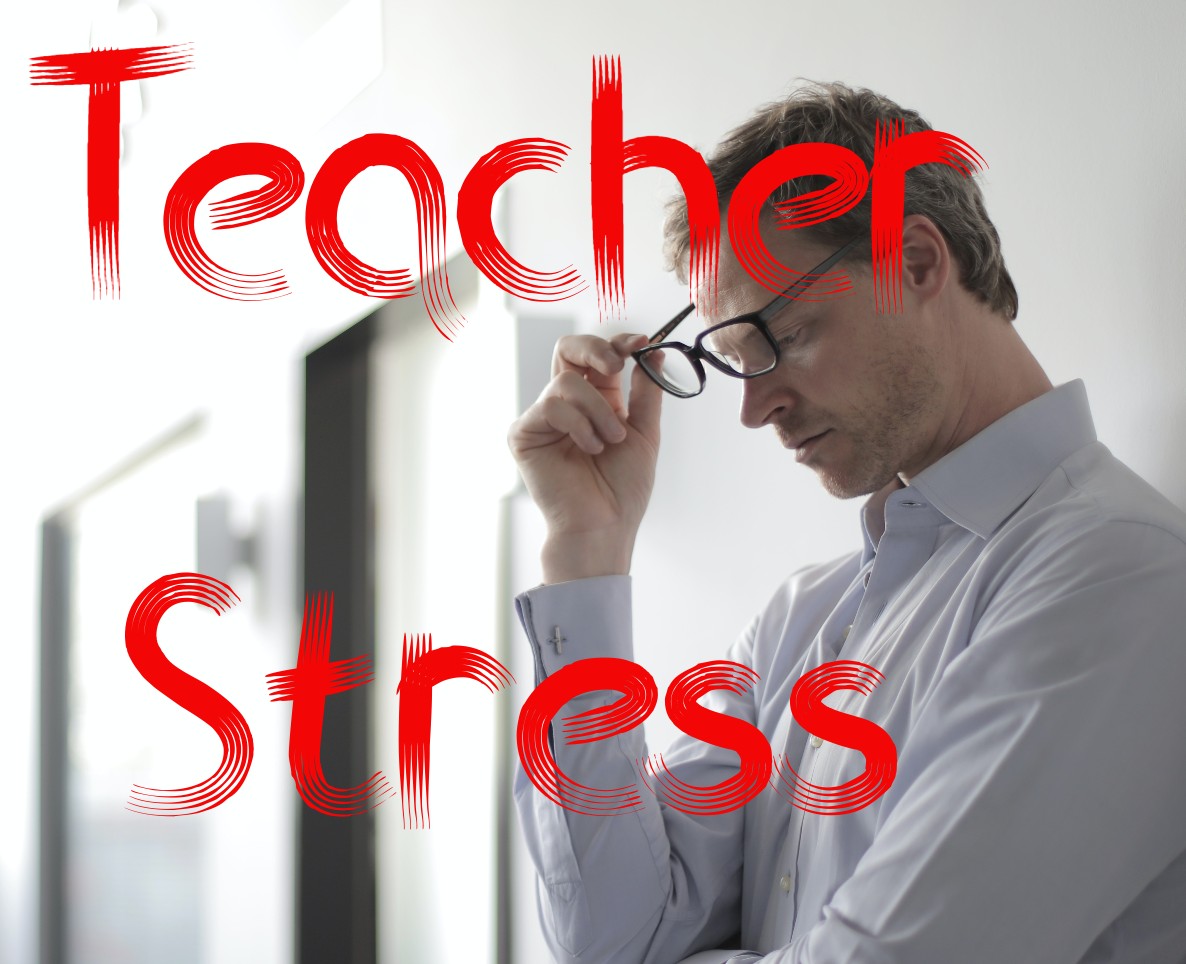A previous blog focused on the importance of discipline and critiqued a popular program known as “restorative justice,”(RJ) or Restorative Practices (RP). This alternative to traditional discipline centers upon a non-punitive approach that focuses on supposed student accountability as a means of reducing suspensions. It was initially introduced into the criminal justice system as a way to reduce recidivism. Because RJ practice is not clearly defined, significant variation exists in implementation, and as a result there is limited evidence to support the claim that RJ interventions reduce reoffending.
Unfortunately, despite the lack of data proving the effectiveness of RJ in the penal system, it was introduced into the Australian education system in the 1990’s. The goal was to “Empower students to resolve conflicts on their own and in small groups” through the use of mediation. Yet, because RJ is only a framework, a set of values and principles, no definitive manual exists. So there is disagreement about putting theory into a practice that cannot be rigorously evaluated. “The body of research on the effectiveness of restorative practices in schools is limited.”
“The obvious critique of this approach is that the training of RJ practitioners is slow with vague standards for trainers and may not meet the current evidence-based demands that exist in schools.” Perhaps more importantly,while this theoretical approach to school discipline was “founded in the practice of homogeneous indigenous communities,” it is unclear if this practice easily translates to heterogeneous social and cultural urban societies.
Because a common practice of RJ/RP, requires an adult mediator, usually the teacher, this can be an emotionally draining process that places the teacher in the role of counselor and decreases instructional time. The additional stress may also contribute to the teacher retention problem plaguing our schools. Is it plausible that our content teachers are expected to take on the roles of social workers and psychologists? Moreover, RJ places undue stress upon the victim, who must face his aggressors without any assurance that they are not just giving lip service to the process.
Alternatives to RJ are programs (e.g.TTT) in which faculty and staff take a proactive approach to classroom management. This focused training emphasizes expected classroom behaviors that support learning. Disciplinary referrals decrease, maximizing instructional time.
In light of the most recent disappointing report from The Nation’s Report Card (NAEP), school administrators need to carefully weigh the potential risk/reward ratio of RJ for teachers, offenders, and victims.


